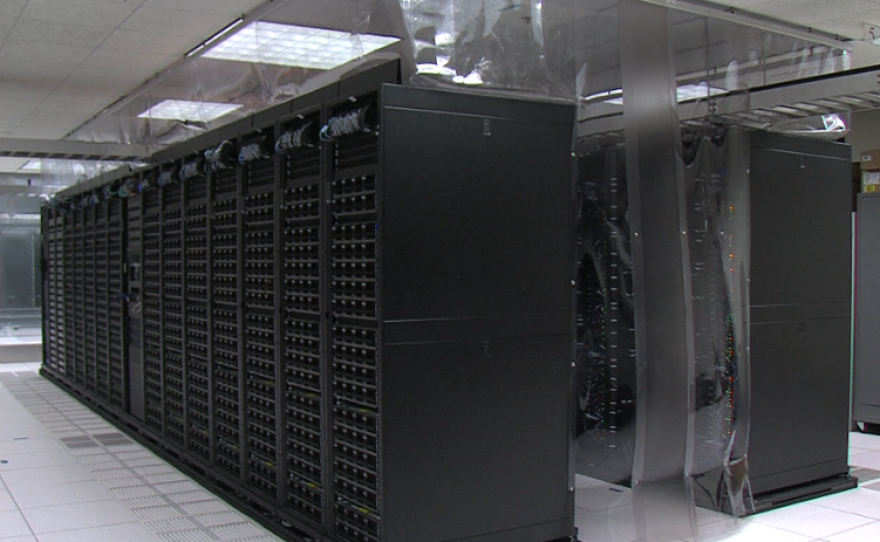The National Science Foundation is investing $20 million in artificial intelligence research at UC San Diego.
UC San Diego’s Jacobs School of Engineering will host one of 11 artificial intelligence institutes with an investment totaling $220 million.
The San Diego based Institute for Learning-enabled Optimization at Scale (TILOS), will be led by the University of California San Diego.
The Massachusetts Institute of Technology, San Diego-based National University, the University of Pennsylvania, the University of Texas at Austin, Yale University and Intel Corp. are all working together on the issue.
Each of the 11 institutes recognized by the NSF got a five-year grant with the goal of improving various aspects of AI.
RELATED: New Scripps Institution Of Oceanography Research Vessel Runs On Hydrogen
In San Diego, researchers hope artificial intelligence will help them optimize the way specialized computer architecture is built.
“It’s the scale and complexity that’s blocking us today and we want to break through these barriers,” said Andrew Kahng,
Artificial intelligence could help sift through mountains of data to uncover efficiencies that could lead to improvements in the technology employed in self driving cars, telecommunications and the development of basic computer chips.
A key component of the research grant is working with local industries, a process that is already underway in San Diego.
RELATED: UCSD Study Finds Some Urban Neighborhoods Are Hotter Than Others
“We have very natural tight collaborations or deep relationships with industry,” Kahng said. “Especially in what we have proposed as our focus areas or use domains, in chip design, robotics and communication networks.”
Machines can learn to crunch massive amounts of data and then use the findings to upgrade things like computer chip architecture.
Those upgrades could lead to the development of computer processors that use less energy while boosting their computing power. There is hope that the work will fuel huge advances in the technology required for self-driving cars something already being worked on at UC San Diego.
RELATED: New Research Finds Climate Models Mostly Get It Right
"As a global society, we can't afford to allow advances in optimization to be underutilized," said UC San Diego Chancellor Pradeep K. Khosla. "The TILOS team is made of an incredible combination of engineers, computer scientists, data scientists and educators who will tackle the hardest theoretical and applied challenges in optimization through virtuous feedback loops that ensure the advances will make a positive difference in the real world."
The NSF funding is the second round of funding for artificial intelligence.
The effort has now grown to include the work of several hundred researchers looking at different aspects of machine learning.
San Diego researchers are already talking about how the research will go on, once the federal grant expires in five years.






